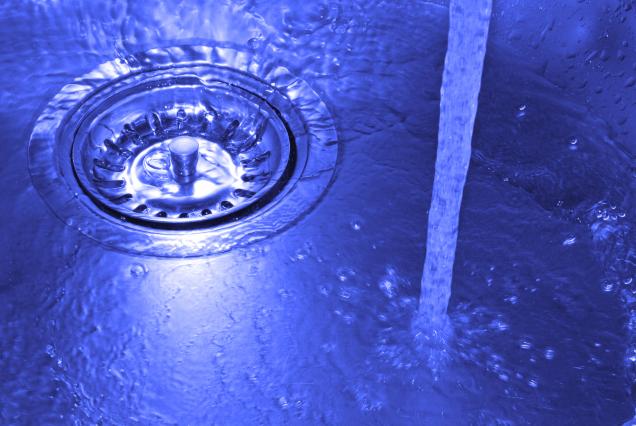
Hot Water System Maintenance for Extending its Lifecycle
Understanding Your Hot Water System: Basics and Beyond
The inner workings of a hot water system, while seemingly complex, are relatively straightforward once you get the hang of it. Water is heated using a heat source- usually electric or gas - and stored in a tank ready for end use or instantaneously heated without a storage tank.
Gas systems are typically more energy-efficient, while electric systems have fewer upfront costs. On the contrary, tankless variants usually have a longer overall lifespan compared to conventional tanked systems. In fact, with proper maintenance, the average lifespan could extend to 20 years for tankless variants and around 10 to 15 years for tanked ones.
However, keeping an eye out for signals such as rusty water, clanging noises, and water leaks from the system would indicate that your hot water system could do with some fine-tuning, or even more seriously, you may need to call a hot water specialist.
The Influence of Regular Maintenance on a Hot Water System’s Lifespan
The key to efficient, long-lasting hot water systems lies primarily in regular maintenance. A thorough professional inspection can save you from potential system breakdowns and exorbitant energy bills by addressing issues before they snowball into bigger problems. However, it's not to say that simple DIY maintenance is without merit. Checking for leaks, maintaining the right temperature, and insulating the pipes and heater can go a long way in preserving the system's health.
Moreover, ongoing maintenance can notably extend the life cycle of your hot water system by keeping it in optimal condition. For instance, a diligent maintenance schedule can help prevent sediments from building up, thereby prolonging the system's lifespan.
DIY Hot Water System Maintenance: Essential Steps to Follow
While professional inspection is, without a doubt, necessary, certain basic maintenance tasks can be performed by homeowners themselves. A step-by-step guide to simple yet essential tasks like flushing your system once or twice a year to eliminate any sediment build-up, checking the pressure relief valve to ensure proper operation, and inspecting the system for leaks can prove crucial to maintaining its health.
However, it's of paramount importance to remember that water and electricity can be a dangerous duo, and necessary safety measures should always be followed during DIY maintenance. Despite all the practical steps that homeowners can undertake themselves, there may come a time when you need to call in a professional.
Professional Hot Water System Maintenance: What to Expect
A professional maintenance visit often entails more thorough checks and tasks, such as inspecting the anode rod, which when corroded, can cause the tank to rust from inside. Also, checking critical elements like valves for any potential leaks or weaknesses and controlling sediments that might have escaped DIY flushing is a part of professional maintenance.
Having your system routinely serviced by a professional undoubtedly plays a significant role in the overall lifecycle, which can help prevent expensive replacements. To ensure you are getting the best service, consider factors like industry experience, a solid reputation, and appropriate certification when choosing a professional maintenance service.
Optimising the Performance of Your Hot Water System
Regular maintenance doesn't only extend your system's lifespan; it also keeps it firing on all cylinders. Indeed, a consistently maintained hot water system will always outperform a neglected one. Between maintenance visits, it is also essential to make sure your usage habits are not inhibiting its performance.
Furthermore, a properly installed and well-maintained hot water system not only saves you money in terms of repairs and energy consumption but also contributes to minimising environmental impact, thus doing your bit for Mother Earth.
In conclusion, regular maintenance remains a critical aspect of extending the lifecycle of your hot water systems. It not only optimises performance and potentially prevents any costly repair or replacements, but it also benefits the environment. A proactive approach in maintaining your system is surely worth it. For the untrained eye, even certain mundane issues could appear daunting, so don't hesitate to seek professional help when necessary. Take charge of your system's health, because, after all, who wouldn't want a consistently warm shower on a chilly morning?



